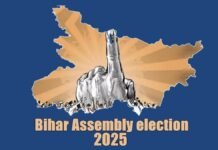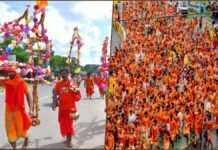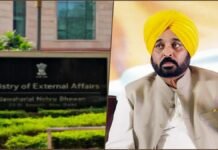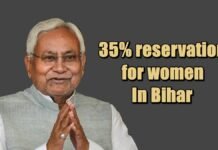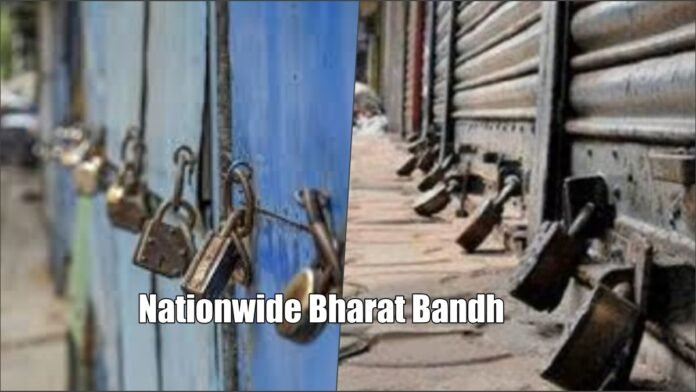
New Delhi: A 14-hour Bharat Bandh has been called today in protest against the Supreme Court’s recent decision to implement the “creamy layer” concept within the Scheduled Caste (SC) and Scheduled Tribe (ST) reservation. The National Confederation of Dalit and Tribal Organizations (NACDAOR) spearheads this movement, denouncing the court’s suggestion as a violation of constitutional rights for Dalits and tribals.
Background and Controversy
On August 1, a landmark ruling by a seven-judge Constitution Bench reshaped the landscape of reservation policies. The court held that SCs do not constitute a socially homogeneous class and can be sub-classified by states to provide targeted reservation benefits. However, four judges favored excluding the creamy layer from the SC/ST quota. This decision has sparked widespread debate and dissent.
NACDAOR’s Demands
NACDAOR, a prominent advocacy group, has released a comprehensive list of demands. These include:
- Justice and Equality: NACDAOR insists on justice and equality for SCs, STs, and Other Backward Classes (OBCs). They argue that the recent court decision undermines the framework established by a nine-judge bench in the landmark Indira Sawhney case.
- Rejection of the Supreme Court Decision: The organization calls upon the Central Government to reject the court’s decision, emphasizing that it threatens the constitutional rights of SCs and STs.
- New Legislation: NACDAOR advocates for a new law passed by Parliament, specifically addressing reservation policies for SCs, STs, and OBCs. They propose that this legislation be protected by inclusion in the Ninth Schedule of the Constitution.
Nationwide Support and Impact
Jharkhand Mukti Morcha (JMM), Congress, and Left parties have thrown their weight behind the Bharat Bandh. JMM leaders have urged district presidents, secretaries, and coordinators to actively participate in the strike. Emergency services, including hospitals and ambulances, will remain operational during the bandh. However, the government has not issued any orders to close banks and government offices, suggesting that they will likely remain open.
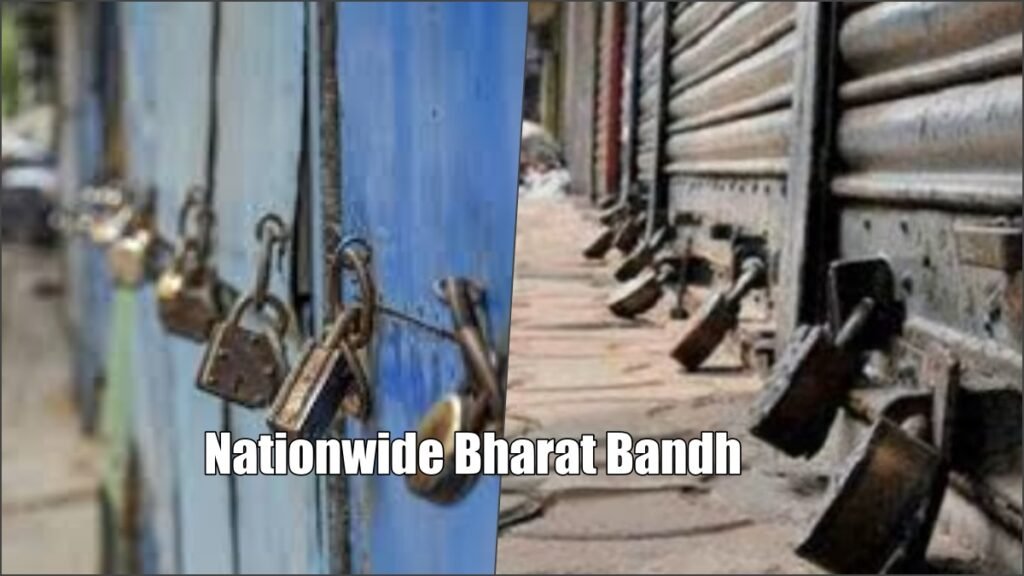
As the nation grapples with this critical issue, citizens await further developments and hope for a resolution that balances social justice and constitutional principles. Stay tuned for updates as events unfold.

